Five misconceptions about corporate carbon management


- Author
- Renaud BettinVP Climate Action & Sales Enablement
- Category
- Opinion
- Topics
- Supply ChainCarbon
- Published
- 12 April 2023
Contents
- 1. A carbon footprint costs €3,000
- 2. My CSO is the only one responsible for my climate policy
- 3. My suppliers will manage to reduce their emissions
- 4. My reduction target is based on a carbon footprint calculated on spend-based data
- 5. My carbon credits cancel out my carbon footprint
- The bottom line: Actions grounded in science are crucial
Most large companies across the globe have started looking into their carbon footprint – of course some are much further down the road than others. But while corporate climate action is on the rise, we must be cautious about misconceptions that could at best slow down the transition to a low-carbon economy, and at worst, create smokescreens and deceive stakeholders.
Here are some of the pitfalls to avoid:
1. A carbon footprint costs €3,000
A company’s carbon footprint is much more than its carbon emissions inventory. Its measurement requires three vital ingredients: a robust methodology, effective stakeholder training and thorough data verification. A quick and inexpensive carbon assessment raises questions about the seriousness of the calculations, the reliability of the tools, and above all their real contribution to effective climate action.
Remember that this is the primary objective of a carbon assessment: get your company to act.
2. My CSO is the only one responsible for my climate policy
While your Chief Sustainability Officer (CSO) is the architect of your company’s climate action, he or she must form a dream team around them composed of other C-level executives. Their roles may not be directly linked to climate action, but they are key in achieving climate objectives. This team should include the Chief Financial Officer (CFO), Chief Procurement Officer (CPO) or Chief Technology Officer (CTO), not forgetting the Chief Communications Officer (CCO).
Credible communication is crucial, so it’s important to work with your CCO to ensure that they aren’t overconfident in their sustainability claims – thereby risking accusations of greenwashing.
3. My suppliers will manage to reduce their emissions
The vast majority of your suppliers most likely don’t even know what an emission factor is. Yet without their mobilization, you won’t reach your climate objectives. Your role is not just to collect their data and impose reduction targets. Empower them to take the lead on in their decarbonization journey by providing them with a tool that facilitates measurement, target setting and, above all, monitoring of their progress against targets.
Companies that are getting their suppliers to reduce emissions will be at the forefront of effective climate action.
4. My reduction target is based on a carbon footprint calculated on spend-based data
While spend-based data is a good first approach to getting an overview of your company’s emissions, it’s not precise enough to set a reduction strategy. As this methodology is affected by price fluctuations such as inflation, it risks putting you on an unrealistic trajectory that is impossible to maintain.
Your reduction target and its associated roadmap must be based on a footprint calculated at least on 60% of physical activity data.
5. My carbon credits cancel out my carbon footprint
The belief that offsets allow us to erase emissions and thus allow companies to claim carbon neutral products and services must be rejected. It leads to miseducation and accusations of greenwashing. It doesn't truly reflect the real actions that your company should be taking to reduce its carbon footprint.
While each company must contribute to carbon neutrality by supporting certified projects (i.e. by buying carbon credits), in no case should they be viewed as canceling out its carbon footprint.
The bottom line: Actions grounded in science are crucial
Companies' commitment to decarbonization should make us optimistic, but the road to hell is paved with good intentions. Every area of corporate climate action (measure, track, reduce, communicate) must be aligned with climate science. That’s how we can effectively speed up our collective transition towards global net-zero.
More stories
Track, report and act
Sweep helps you get your carbon on-track
Sign up to The Cleanup, our monthly climate newsletter

© Sweep 2023


